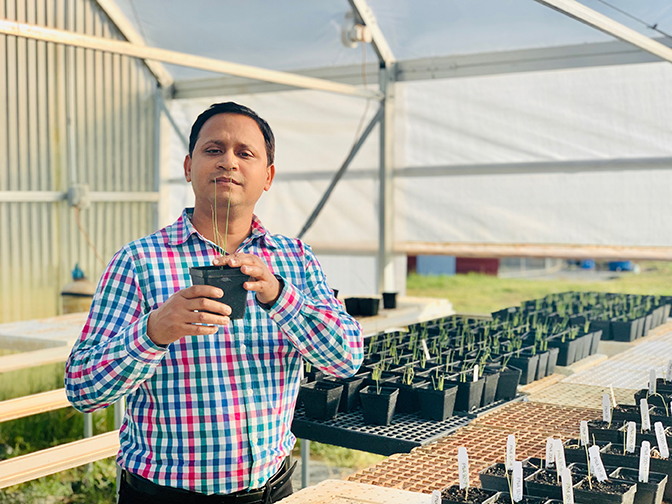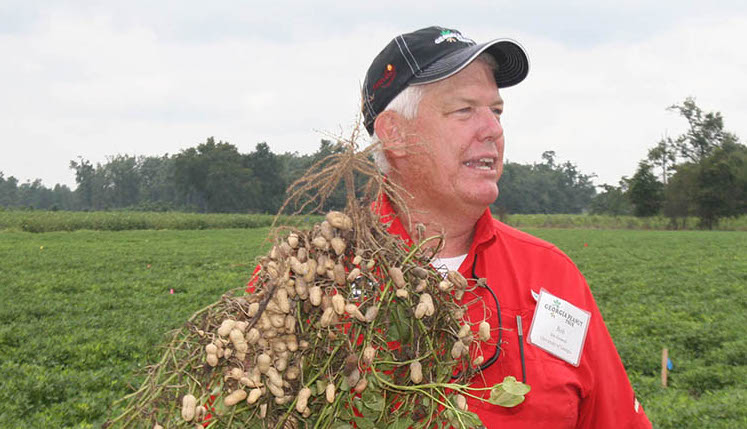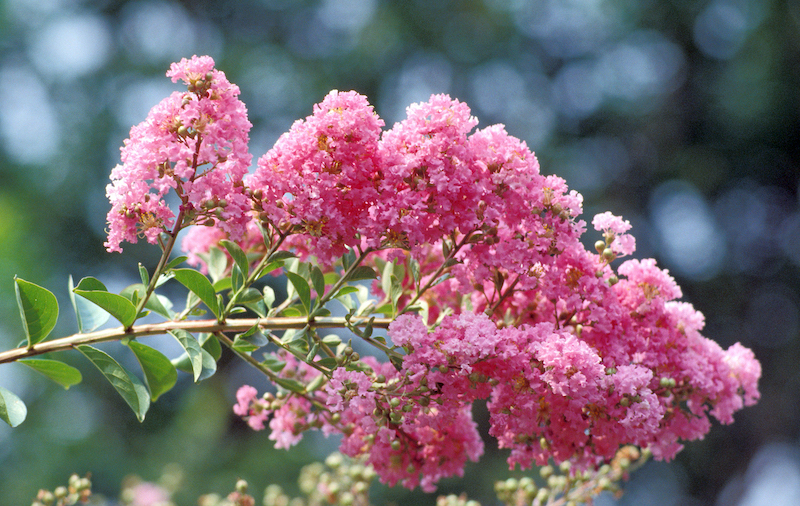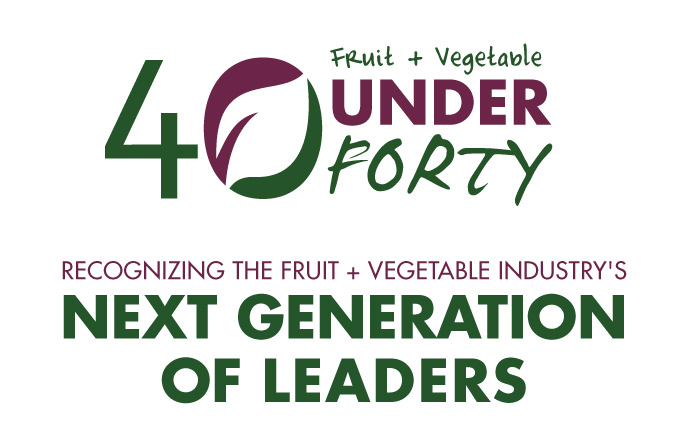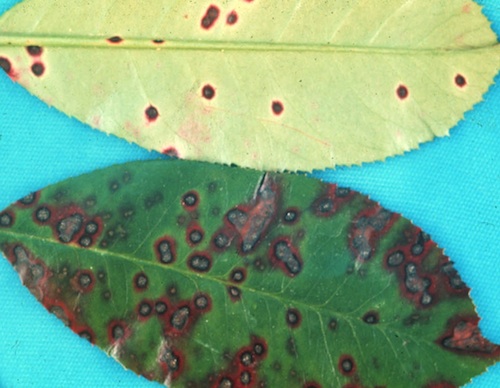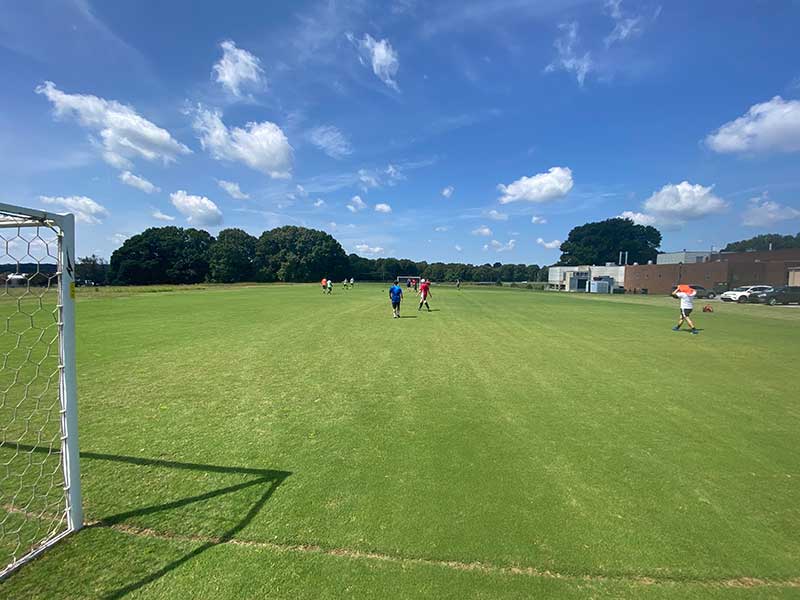 CAES News
CAES News
Griffin Turf Partnerships
Any time you walk through a park, play a recreation-league soccer game or enjoy an afternoon on the golf course, you are using the products of the multibillion-dollar turfgrass industry. In Georgia alone, turfgrass covers 1.8 million acres, making it one of the largest agricultural commodities in the state, employing more than 100,000 people with a maintenance value of $1.56 billion.

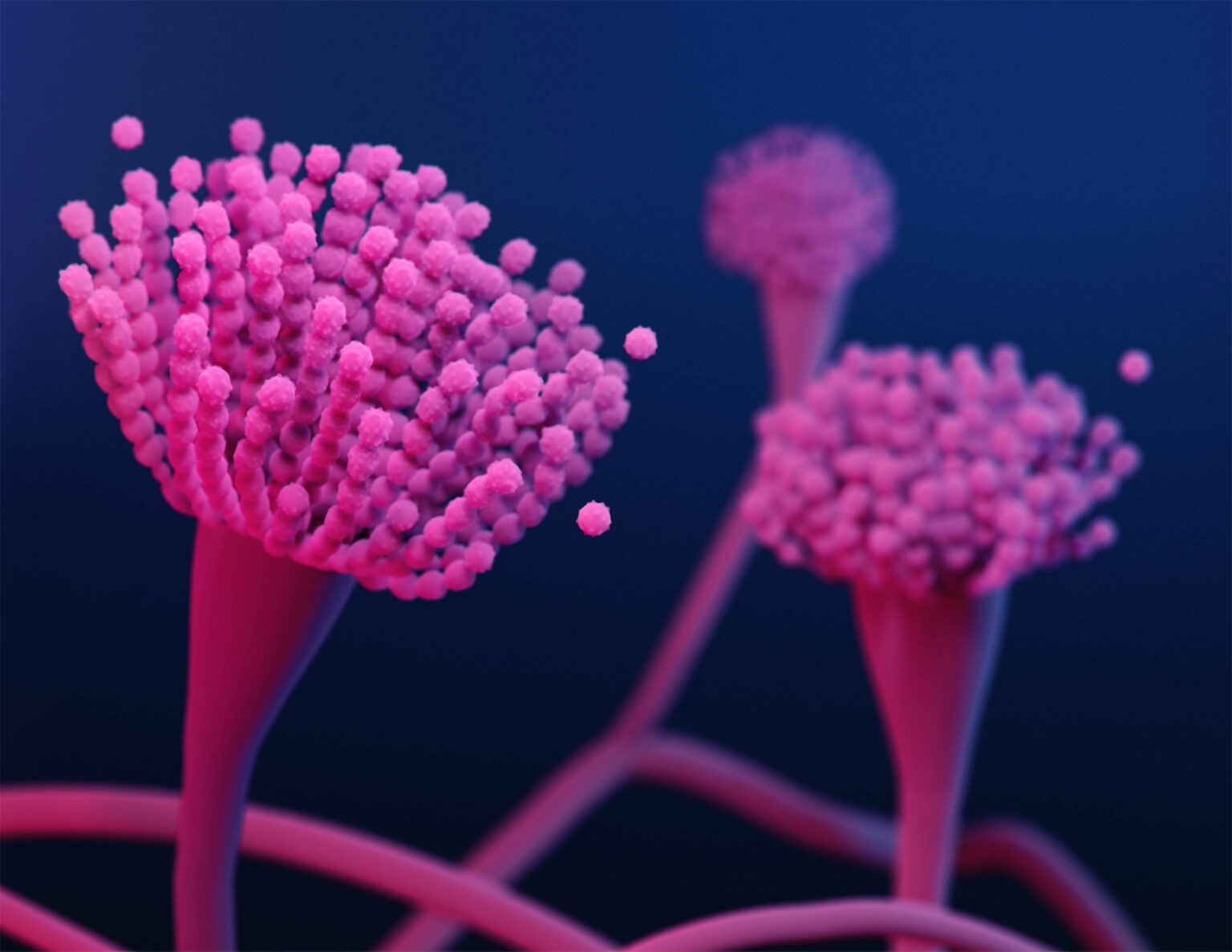
.jpeg)
